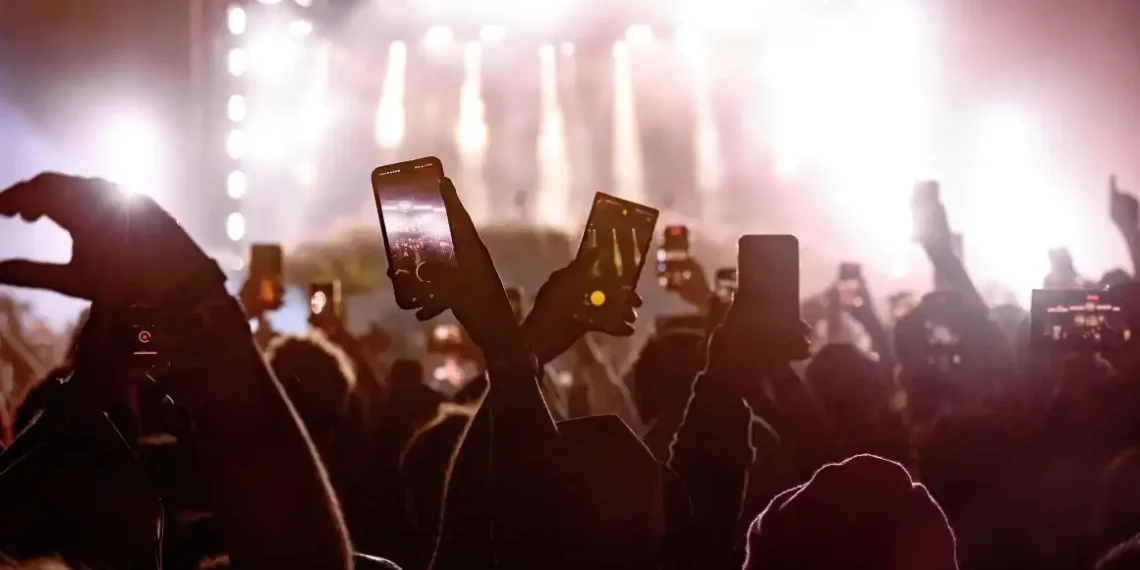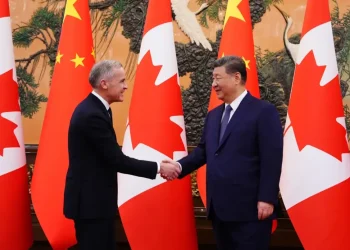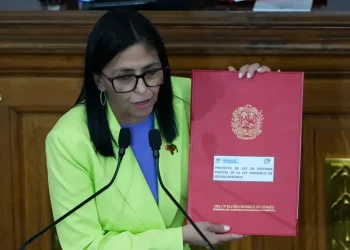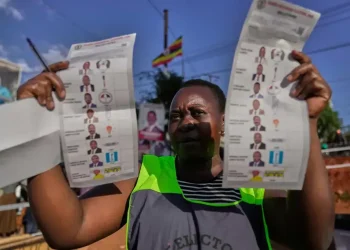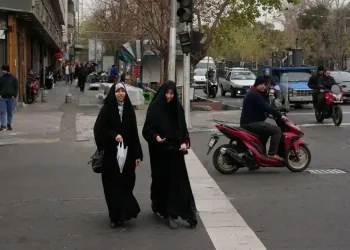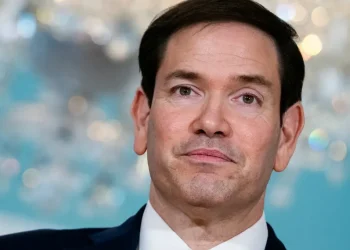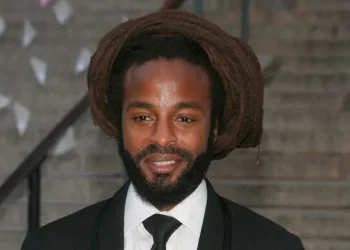Why Are Music Festivals Struggling? The Real Story Behind Declining Ticket Sales and Cancellations
Music festivals — those magical, can’t-miss summer gatherings — are suddenly facing some serious challenges. What should be a season full of excitement and packed crowds is instead seeing a wave of cancellations and worryingly slow ticket sales.
The Summer Festival Crisis: What’s Going On?
If you’ve noticed fewer festivals on your calendar, you’re not imagining things. This year alone, over 40 music festivals across the U.S. have already been canceled. Longtime favorites like Chicago’s Pitchfork Music Festival won’t return this summer, and others like Atlanta’s Music Midtown and Florida’s Kickoff Jam have also recently shut down. Even major players like Jay-Z’s Made in America and Delaware’s Firefly haven’t come back since 2022.
And it’s not just cancellations. Tickets to some of the biggest festivals — think Coachella, once a sell-out event within hours — have been sitting on sale for months. Electric Forest in Michigan, known for its electronic and jam band lineup, has seen ticket sales slow, signaling trouble across the board.
So, what’s behind this decline?
Changing Tastes, Budgets, and Festival Fatigue
There are a few theories:
- Changing music tastes: Younger generations might be less curious about the lineup, questioning why they’d pay for acts they don’t know.
- Economic squeeze: With rising living costs, many are tightening their belts and cutting back on festival spending.
- Competition from stadium tours: Big-name artists now often prefer arena tours, which can offer them more money and a guaranteed audience.
As a result, people are more cautious. Why spend hundreds on a festival weekend when you could see Beyoncé or Taylor Swift live in a stadium and know exactly what you’re getting?
Festivals Used to Be Magical — Can They Still Be?
Music festivals have been part of American culture for decades, but their vibe has shifted. Back in 1969, Woodstock wasn’t just a concert — it was a cultural moment that changed lives. Later festivals like Lollapalooza became legendary for their sense of discovery and community, offering diverse lineups and affordable access.
Nashville’s Blake Atchison, co-founder of Deep Tropics Festival, recalls his early Bonnaroo days as pure magic — a place where you could stumble on new artists and fall in love with fresh sounds, all without the filter of streaming algorithms pushing the same playlists.
But now, many longtime festival-goers feel that the experience has become too commercial, too corporate, losing the “bohemian” spirit that once made festivals special. Sure, better facilities and bigger headliners are nice, but the unique feeling of discovery is fading.
Organizers Are Feeling the Pinch, Too
Running a festival is getting tougher. Rising costs for everything from staffing to insurance put a strain on budgets, especially for smaller events. At the same time, artists are choosing solo arena tours over festivals, making it harder to book big names.
For example, the new Midwest Dreams EDM festival in St. Louis was postponed just days before it was supposed to kick off. Organizers blamed tornado damage, but many suspected poor ticket sales played a role — a suspicion the festival denied.
Weather also complicates things. Severe storms forced Electric Forest to cut its event short last year, leaving some fans upset over refund policies.
All these factors make festivals a risky bet — both for fans shelling out cash and for organizers trying to stay afloat.
The Worldwide Festival Slowdown
This isn’t just a U.S. problem. Festivals in Canada, the U.K., and Europe are facing similar hurdles, signaling a global slump in the festival scene.
So, What’s Next for Music Festivals?
Despite the challenges, live music is far from dead. People still crave those communal, in-person music moments. But big festivals may need to rethink how they operate.
Experts say many festivals have plateaued by repeating the same lineups and styles year after year. Coachella, for instance, isn’t pushing boundaries like it used to. Big companies like Live Nation and AEG have consolidated the scene, favoring mainstream pop and EDM over the underground vibes some fans miss.
Smaller festivals, however, are experimenting with new approaches. Deep Tropics integrates sustainability, workshops, yoga, and community talks alongside music — catering to audiences looking for more than just concerts.
There’s also a growing appetite for unique, intimate experiences. Bands like The All-American Rejects have launched house party tours, swapping arenas for backyards and college campuses, creating buzz and reconnecting with fans in fresh ways.
Experts believe the key to festival survival might be rediscovering that original sense of discovery — presenting music as an adventure, not just a checklist of famous names.
The Bottom Line
Music festivals face a crossroads. Economic pressures, shifting tastes, and changing artist priorities are shaking up an industry once synonymous with summer joy. But with a little creativity and a renewed focus on what makes festivals special — the thrill of discovering something new — the magic can still be reignited.
Because, after all, nothing beats experiencing great music together, in the moment, under an open sky.
This article was rewritten by JournosNews.com based on verified reporting from trusted sources. The content has been independently reviewed, fact-checked, and edited for accuracy, neutrality, tone, and global readability in accordance with Google News and AdSense standards.
All opinions, quotes, or statements from contributors, experts, or sourced organizations do not necessarily reflect the views of JournosNews.com. JournosNews.com maintains full editorial independence from any external funders, sponsors, or organizations.
Stay informed with JournosNews.com — your trusted source for verified global reporting and in-depth analysis. Follow us on Google News, BlueSky, and X for real-time updates.
